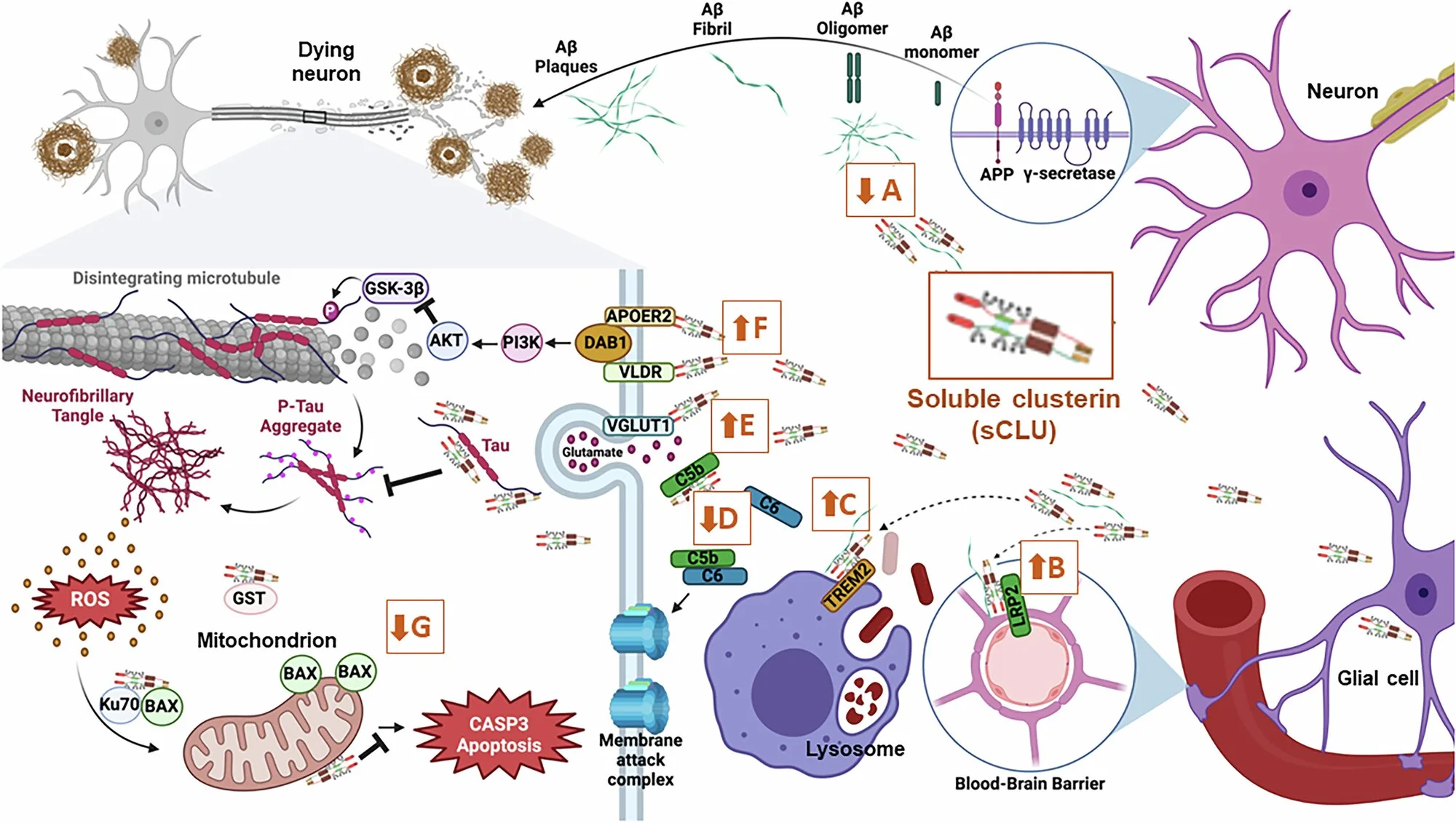New Hope for Alzheimer’s: Promising Drug Shows Memory Improvement in Mice
Alzheimer’s disease continues to be a significant health challenge, but recent research from UCLA Health offers a beacon of hope. Scientists have identified a promising drug candidate that not only reduces the levels of a toxic protein associated with Alzheimer’s but also enhances memory function in mice. This breakthrough centers on the drug’s ability to stimulate the production of a protective protein in the brain.
Understanding the Breakthrough
The core of this research lies in targeting the harmful proteins that accumulate in the brains of individuals with Alzheimer’s. The identified drug works by:
- Lowering the levels of toxic proteins linked to the disease.
- Boosting the production of beneficial proteins that protect brain cells.
- Ultimately, improving memory and cognitive function.
How the Drug Works
The drug’s mechanism involves promoting the creation of a protein that shields brain cells from damage. By increasing the presence of this protective protein, the drug helps to counteract the effects of Alzheimer’s and improve overall brain health.
Implications for Future Treatment
While these results are preliminary, the findings are encouraging. The success in mice suggests that this drug candidate could potentially be developed into an effective treatment for Alzheimer’s disease in humans. Further research and clinical trials will be necessary to confirm its safety and efficacy.
The Importance of Continued Research
Alzheimer’s disease affects millions of people worldwide, and the search for effective treatments remains a top priority. This latest research highlights the importance of ongoing scientific investigation and the potential for innovative therapies to make a real difference in the lives of those affected by this debilitating condition.
Final Overview
The UCLA Health study introduces a promising new drug candidate for Alzheimer’s treatment. By reducing toxic proteins and boosting protective proteins, this drug has demonstrated the ability to improve memory in mice. While more research is needed, this discovery represents a significant step forward in the fight against Alzheimer’s disease and offers renewed hope for future therapies.




+ There are no comments
Add yours